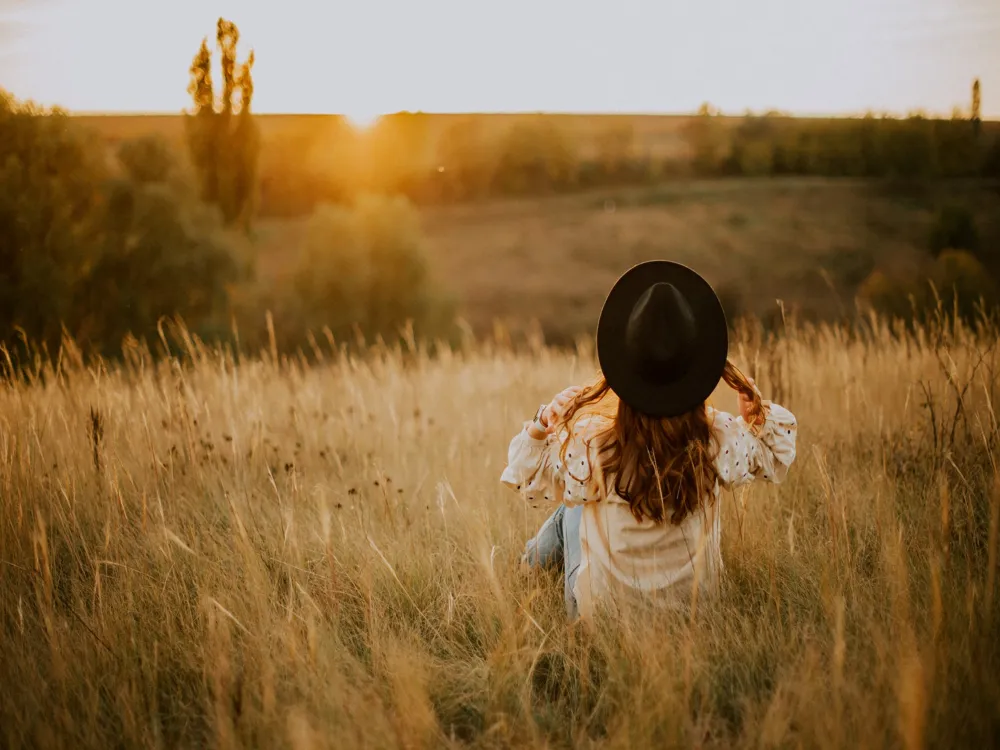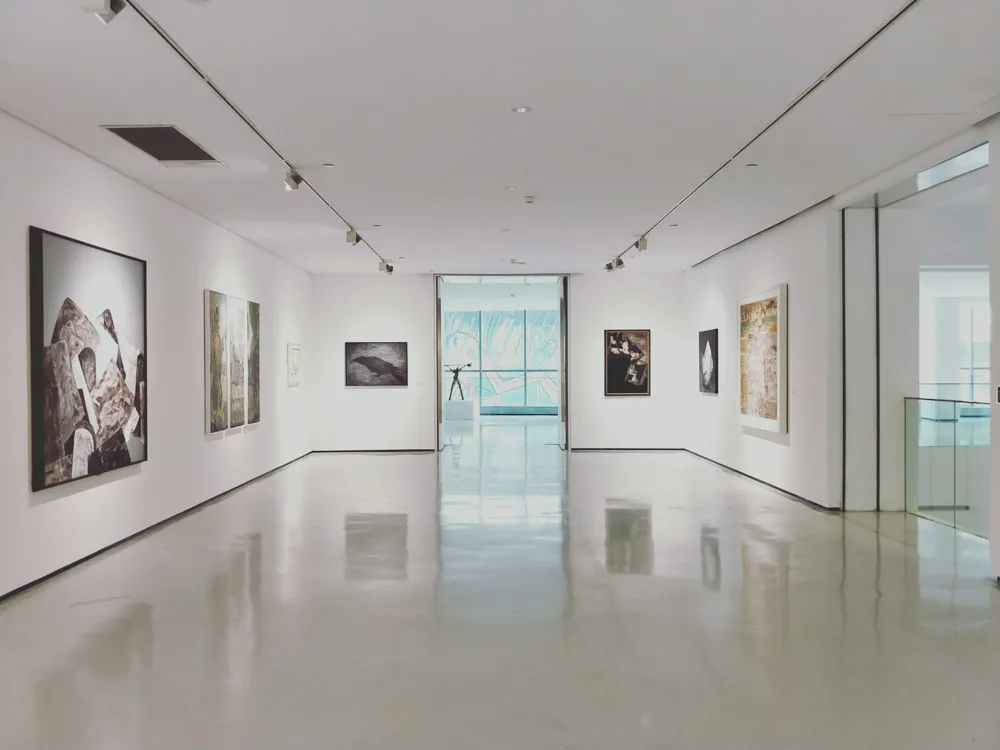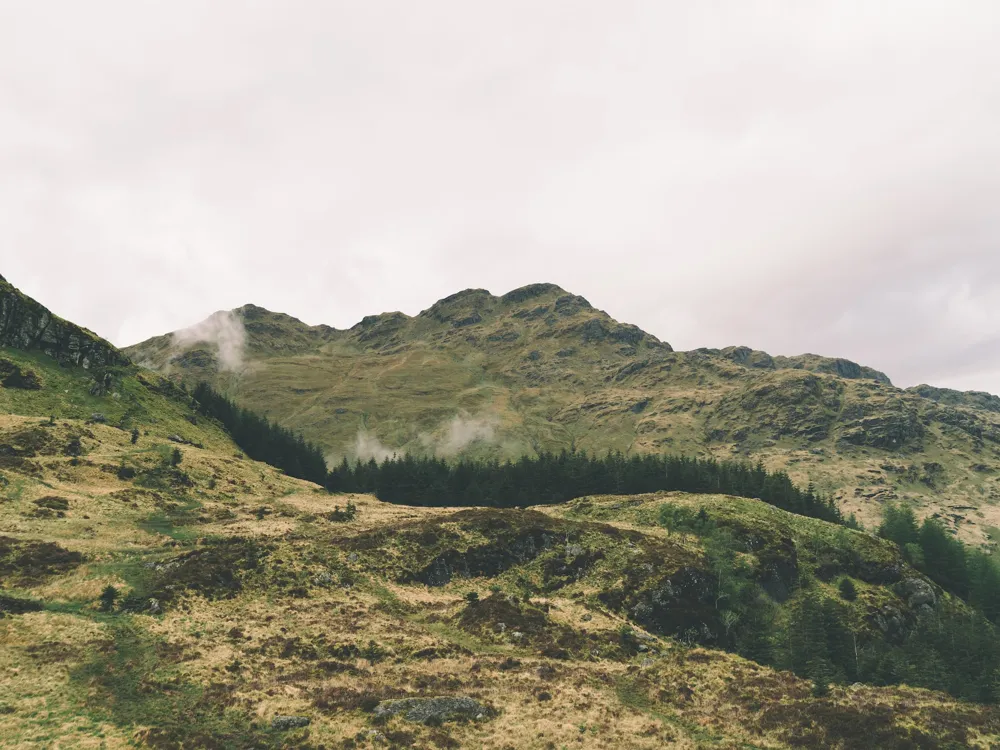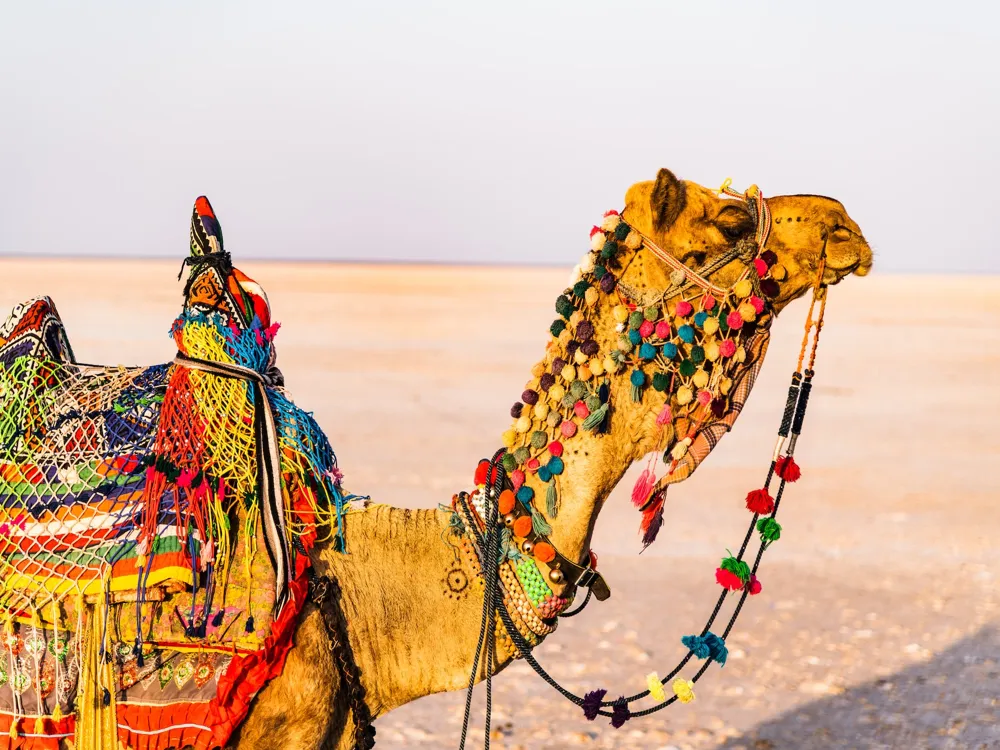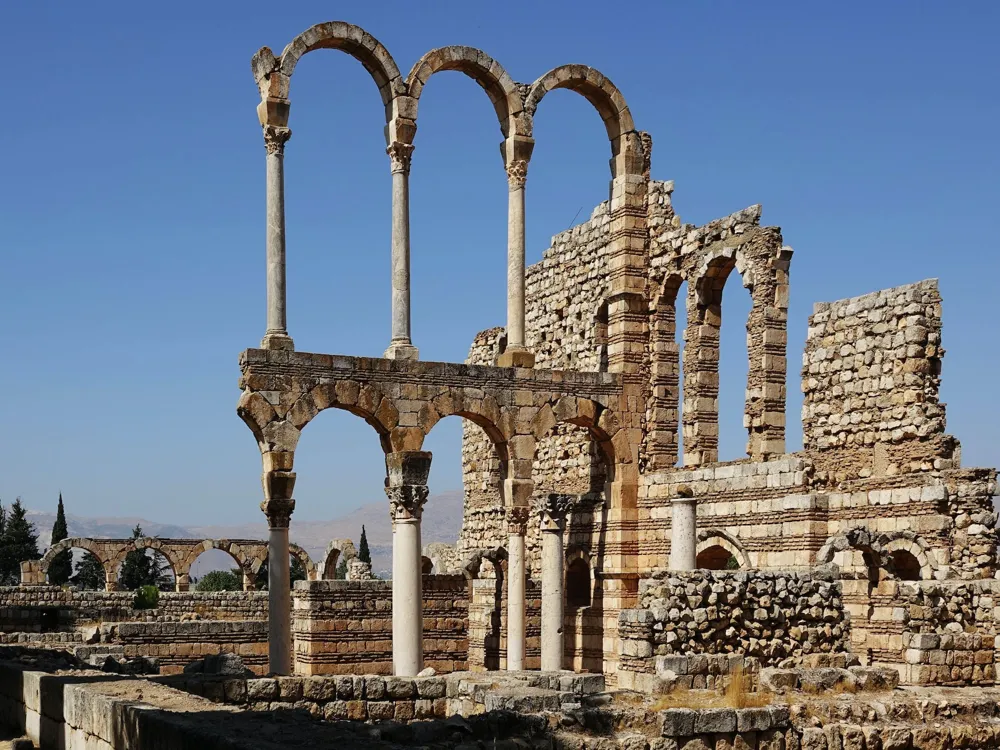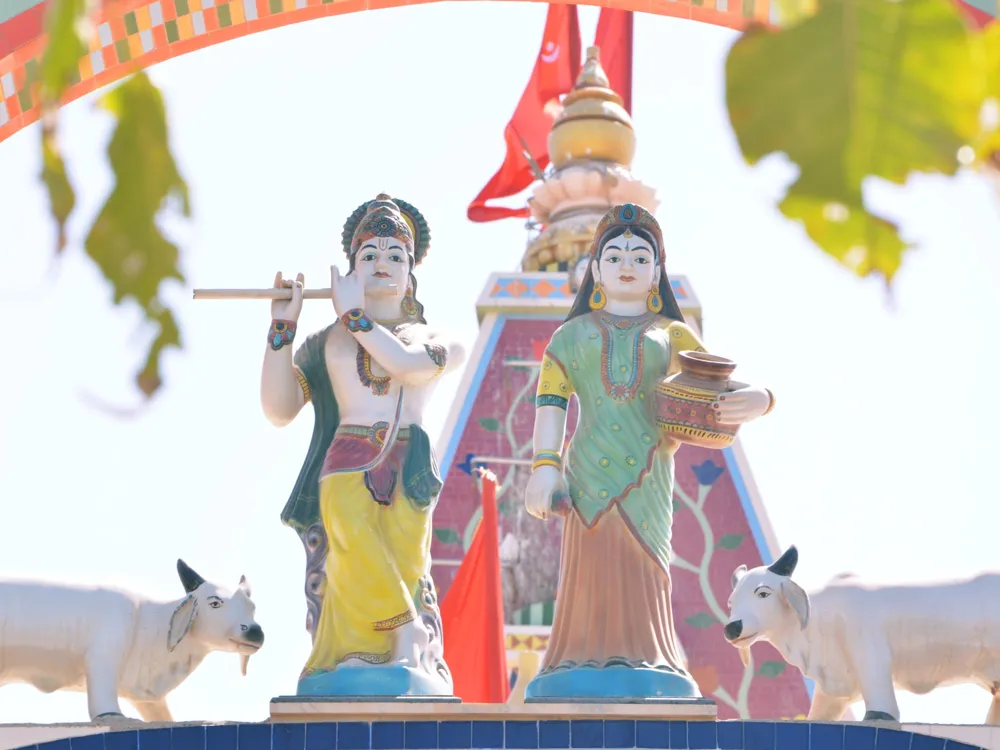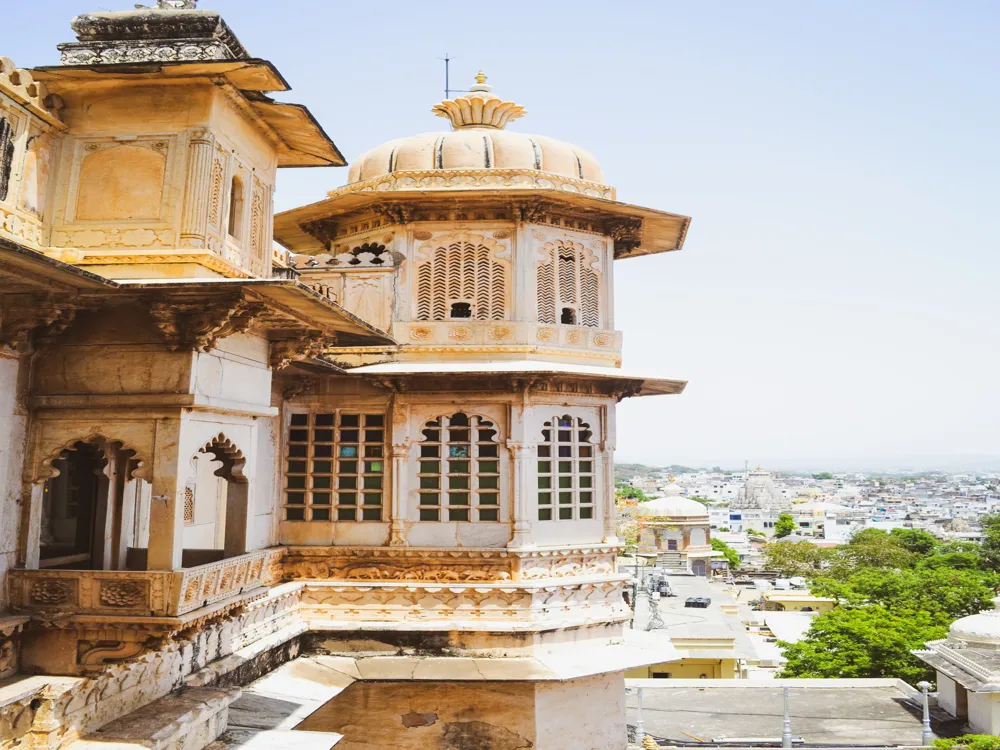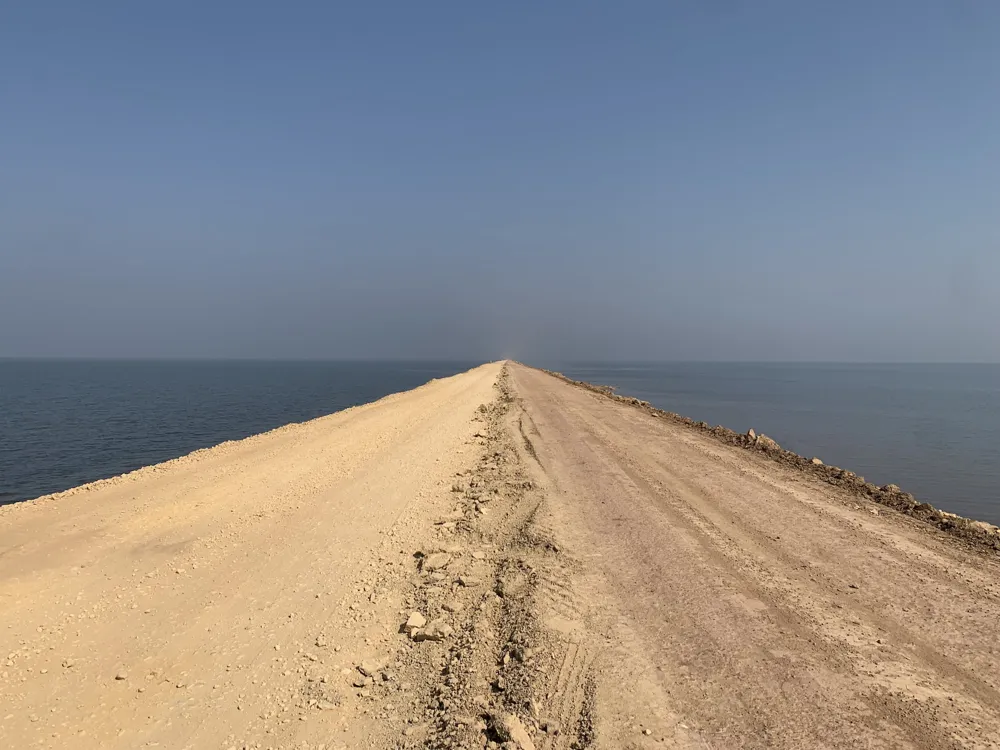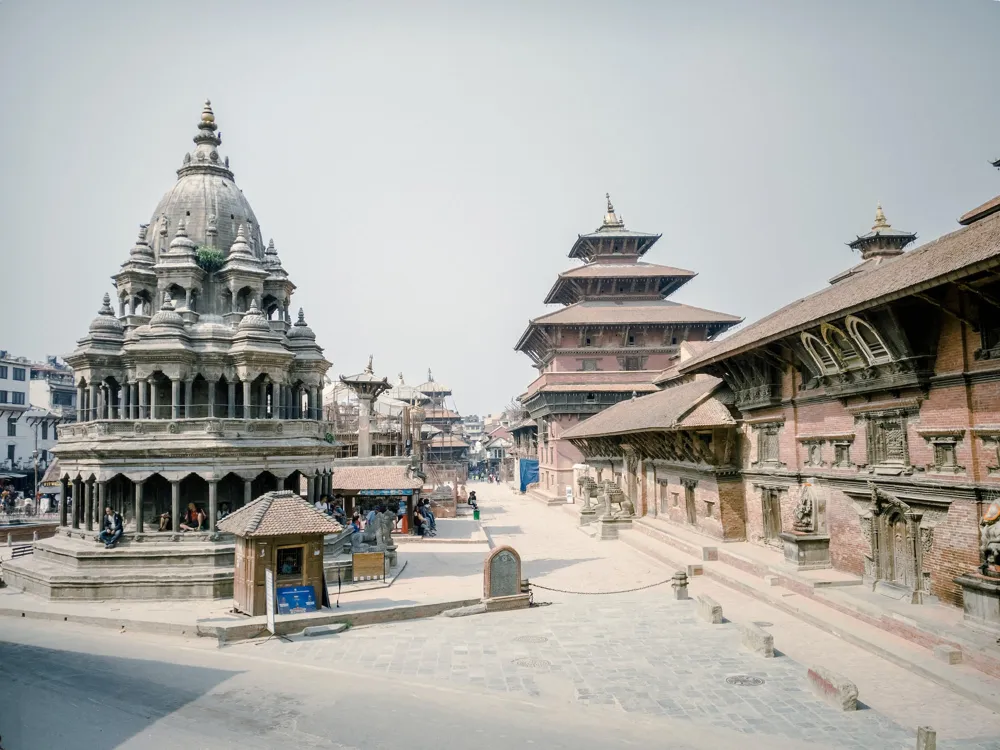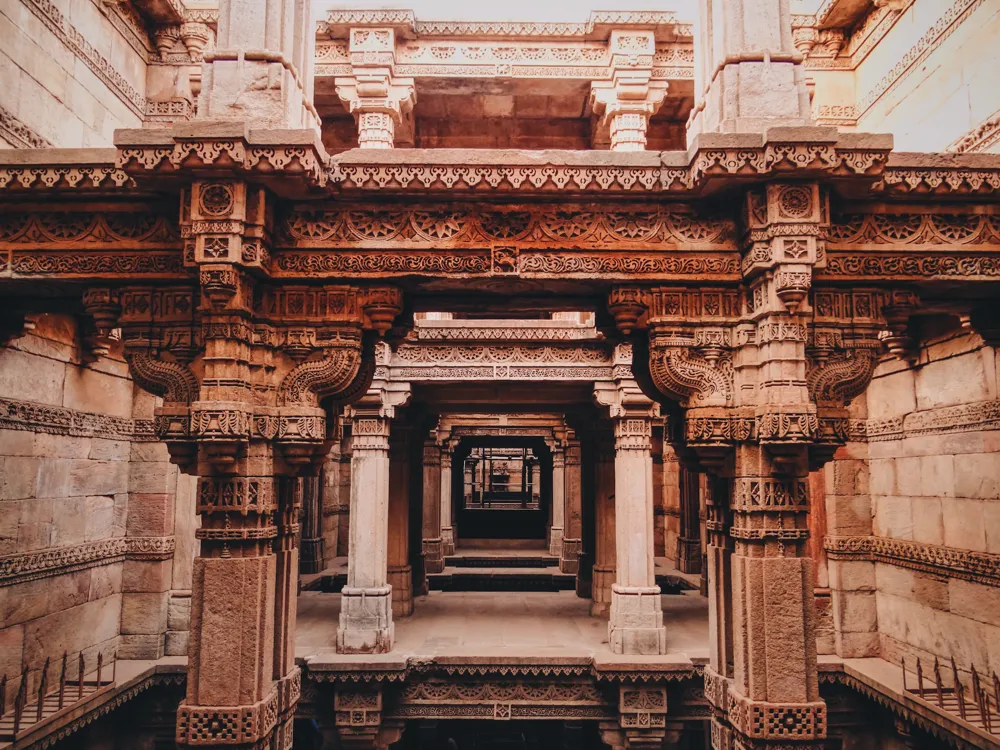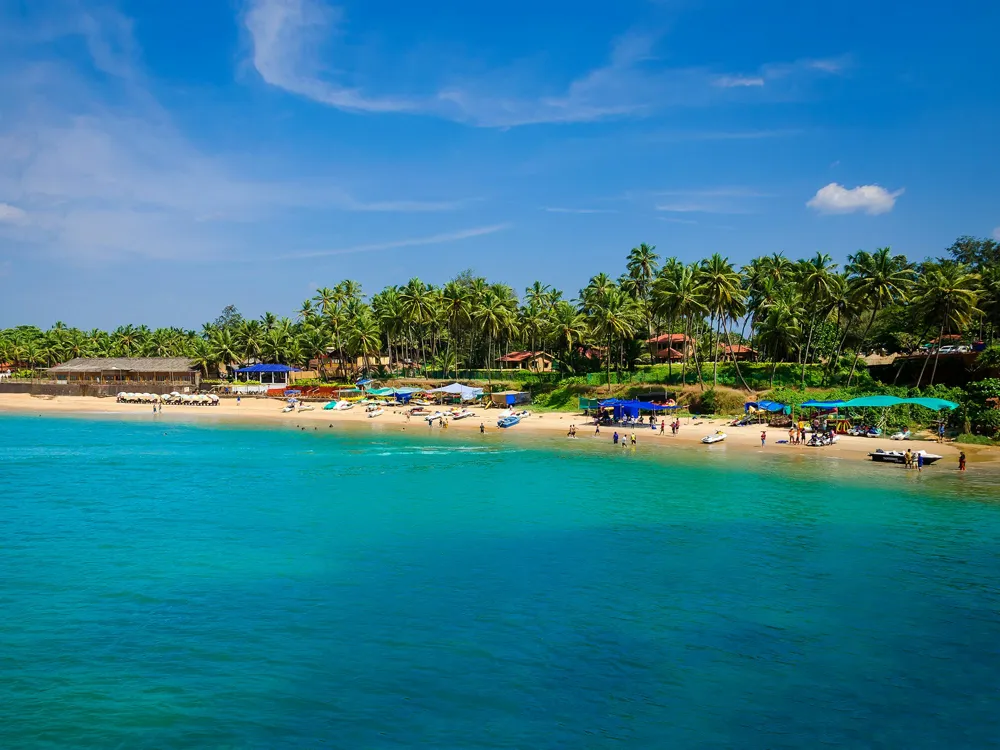Bhuj, a fascinating city in the Kutch district of Gujarat, India, holds a special place in the hearts of both history enthusiasts and cultural explorers. Founded in 1510 by Rao Hamirji, it became the capital of the state under Rao Khengarji I in 1549. The city has witnessed a blend of various cultures and traditions, owing largely to its strategic location. Over the years, Bhuj has developed into a thriving urban center, offering a mix of historical sites, vibrant culture, and a unique blend of modernity and tradition. It's not just the gateway to the Rann of Kutch but a canvas displaying a rich tapestry of history, culture, and architecture. Bhuj's history is marked by tales of valor, resilience, and architectural brilliance. The city was a significant part of the Indus Valley Civilization, contributing immensely to the region's historical and cultural fabric. Its strategic location made it an important center for trade and commerce. Over the centuries, Bhuj has been ruled by various dynasties, each leaving an indelible mark on the city's character. The most prominent among them was the Jadeja Rajputs, who contributed significantly to the city's architectural and cultural landscape. The cultural diversity of Bhuj is a direct reflection of its historical past. The city's lifestyle is a beautiful blend of different cultures, including the local Kutchi, Rajasthani, and Gujarati traditions. Festivals like Navratri and Rann Utsav showcase the city's vibrant culture, attracting tourists from across the globe. The traditional handicrafts, like Kutch embroidery, Bandhani tie-dye, and block printing, are not just craft forms; they're a narrative of Bhuj's rich cultural heritage. In recent years, Bhuj has emerged as a city that balances traditional values with modern aspirations. Despite the devastating earthquake in 2001, the city has rebuilt itself, showcasing an impressive resilience. Today, Bhuj is a buzzing urban center with educational institutions, shopping centers, and hospitality sectors, all co-existing harmoniously with its historical and cultural sites. The architecture of Bhuj is a testament to the city's rich historical past and diverse cultural influences. It encompasses a wide range of styles, from ancient temples to colonial buildings, and showcases the skills of various artisans and craftsmen throughout history. Bhuj's architecture is heavily influenced by the Jadeja Rajputs, evident in its numerous temples and palaces. The Prag Mahal and Aina Mahal, located in the heart of the city, are stellar examples of 19th-century Indian craftsmanship blended with European architectural styles. The intricate carvings, jali work, and the overall grandeur of these buildings speak volumes about the expertise of artisans of that era. The royal ensembles of Bhuj, especially the palaces, are architectural marvels. Prag Mahal, with its Gothic-style windows and Corinthian pillars, and Aina Mahal, with its exquisite glasswork and intricate tile decoration, reflect a fusion of Indian and European architectural styles. These palaces not only depict the royal lifestyle but also the advanced architectural understanding of the era. Bhuj is also home to several ancient temples, each narrating a tale of religious and architectural significance. The Swaminarayan Temple, built in the traditional Vedic architectural style, is a splendid structure made entirely of marble. Its craftsmanship and serene ambience make it a must-visit for anyone interested in architecture and spirituality. The ideal time to visit Bhuj is from October to March when the weather is pleasant, making it perfect for exploring the city and its surroundings. Don't miss out on the local Kutchi cuisine. The traditional dishes like Kutchi Dabeli and Khakhra are a gastronomical delight that you must try. Respect the local culture and traditions. Dress modestly, especially when visiting religious sites, and always ask for permission before taking photographs of people. Bhuj offers a range of accommodation options, from luxury hotels to budget stays. It's advisable to book in advance, especially during festival seasons like Navratri and Rann Utsav. Consider hiring a local guide or taking a city tour to fully appreciate the historical and cultural significance of Bhuj. Public transport is available, but renting a vehicle can give you more flexibility. Bhuj is well-connected by air, rail, and road. Bhuj Airport is connected to major cities like Mumbai and Delhi. The city's railway station is a major junction, linking it with several Indian cities. Road connectivity is also robust, with state and national highways connecting Bhuj to major cities in Gujarat and neighboring states. Whether you choose to fly, take a train, or drive, reaching Bhuj is convenient and offers a scenic journey.Overview of Bhuj, Gujarat
The Historical Significance of Bhuj
Influences on Culture and Lifestyle
Modern Bhuj: A Blend of Tradition and Development
Architecture of Bhuj
Ancient Architectural Marvels
The Royal Ensembles
Religious Architecture
Tips When Visiting Bhuj
Best Time to Visit
Local Cuisine
Cultural Etiquette
Accommodation Tips
Exploring the City
How To Reach Bhuj
Mandvi Beach
Bhuj
Gujarat
NaN onwards
View bhuj Packages
Weather :
Label : Must Visit
Tags : Beach
Time Required : 2-3 Hours
Planning a Trip? Ask Your Question
Bhuj Travel Packages
View All Packages For Bhuj
Top Hotel Collections for Bhuj

Private Pool

Luxury Hotels

5-Star Hotels

Pet Friendly
Top Hotels Near Bhuj
Other Top Ranking Places In Bhuj
View All Places To Visit In bhuj
View bhuj Packages
Weather :
Label : Must Visit
Tags : Beach
Time Required : 2-3 Hours
Planning a Trip? Ask Your Question
Bhuj Travel Packages
View All Packages For Bhuj
Top Hotel Collections for Bhuj

Private Pool

Luxury Hotels

5-Star Hotels

Pet Friendly








